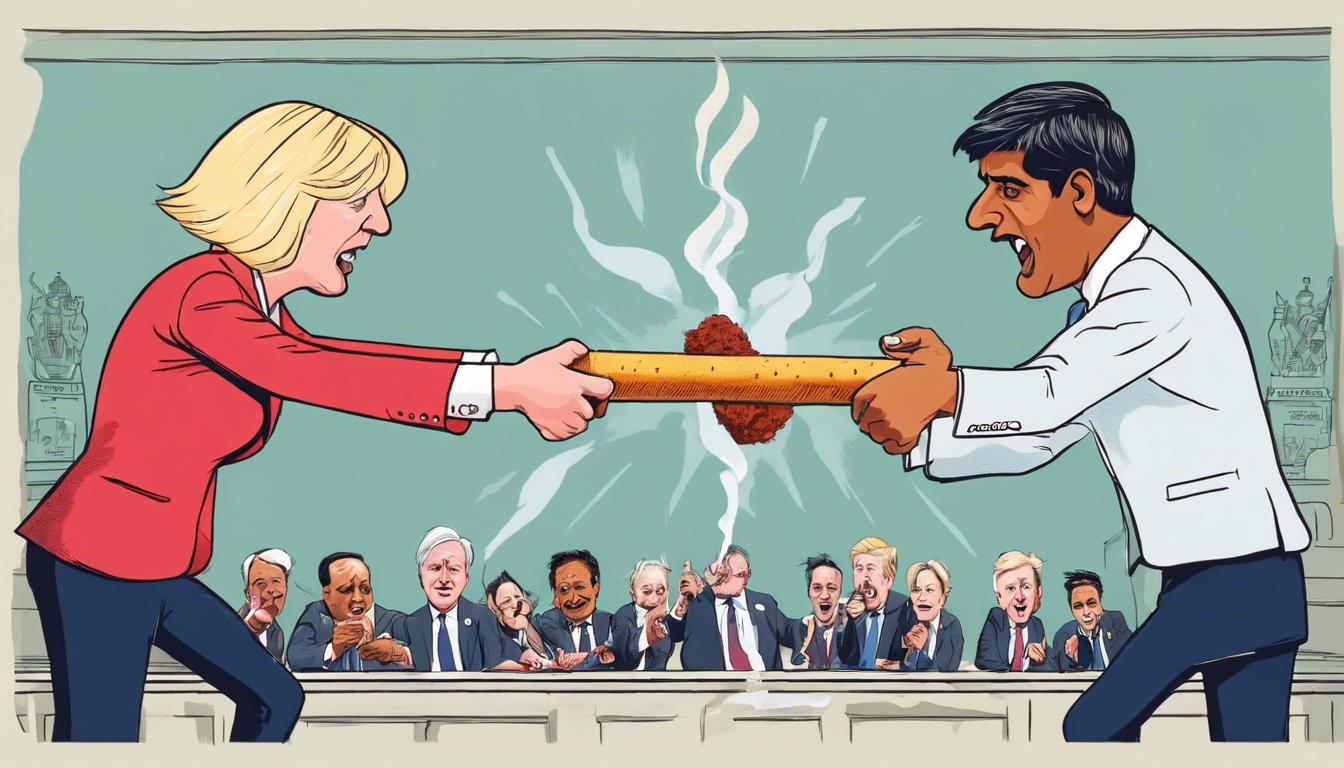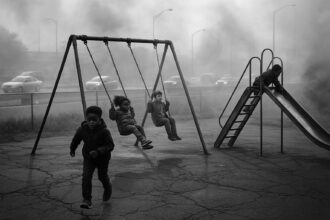As the general election approaches, key figures within the Conservative Party publicly challenge Prime Minister Rishi Sunak’s leadership and policies, including a divisive proposal for a smoking ban and other contentious issues, signalling deepening party discord.
Tensions are escalating within the Conservative Party as prominent figures like Boris Johnson, Liz Truss, and Suella Braverman express dissent over Prime Minister Rishi Sunak’s election strategies, including a controversial proposal to ban smoking. Johnson, the former Prime Minister, has publicly criticized the plan as “absolutely nuts,” reflecting a broader sentiment against what some deem a “nanny-state” measure. Concerns are deepening among Sunak’s allies as the general election nears.
Additionally, Truss is poised to release a potentially critical book, and Braverman is scheduled to appear at a right-wing convention, actions likely to amplify scrutiny on Sunak’s leadership. Further compounding the party’s challenges, there has been a noticeable erosion of party discipline, evidenced by Sunak’s inaction against an MP who supported a rival candidate, which contradicts party rules. These developments signal potential rifts and a lack of cohesive authority in Downing Street, worrying some MPs about the party’s stability and electoral prospects.
In light of these issues, Sunak is focusing on promises of economic recovery and tax cuts to fortify his campaign. However, impending disagreements over matters such as Rwanda legislation and the European Convention on Human Rights could incite more internal discord as the election approaches.
Separately, party unity is also threatened by individual actions within its ranks, highlighted by the suspension of councillor Nina Lloyd, married to MP Lee Anderson, after her involvement with Reform UK was publicised by Anderson. The party launched an investigation into whether Lloyd campaigned for a rival party, with further controversy stirred by MP Nick Fletcher’s endorsement of Anderson’s move to Reform, leading to a reprimand from the Government’s chief whip.
The ongoing dispute over the proposed generational smoking ban, intended to prohibit anyone born after 2009 from buying cigarettes, continues to be a flashpoint. The Department for Health and Social Care supports the ban, citing financial and health benefits, though opposition remains strong within and outside the party, framing the debate around public health objectives versus individual freedoms.
As these events unfold, the Conservative Party faces significant internal and external challenges that could shape its strategy and coherence leading up to the general elections.













